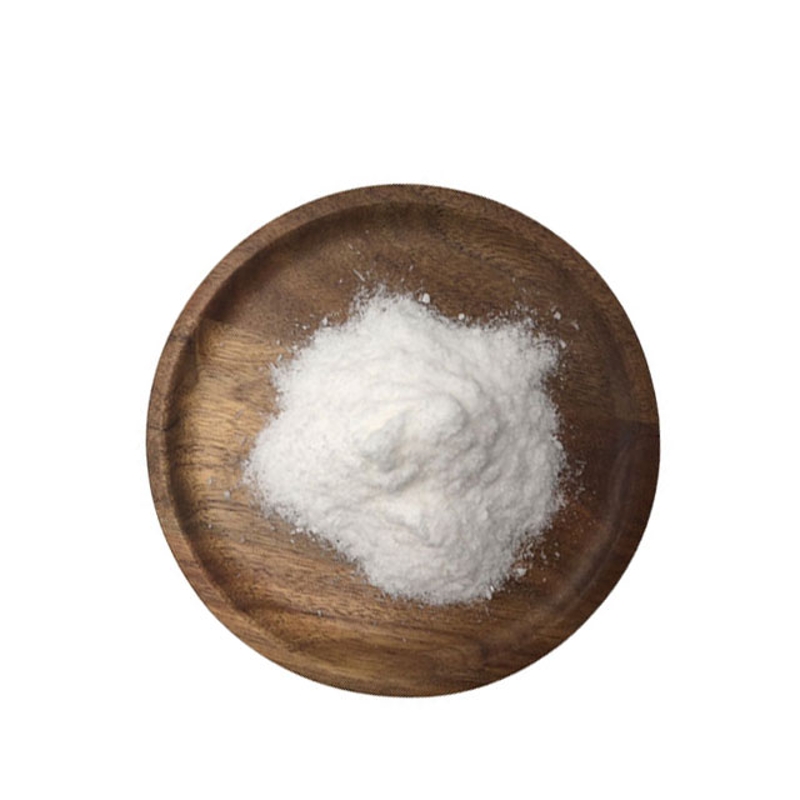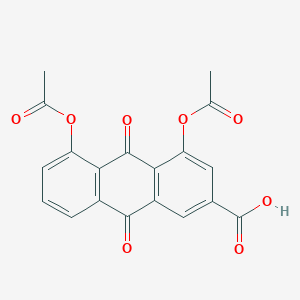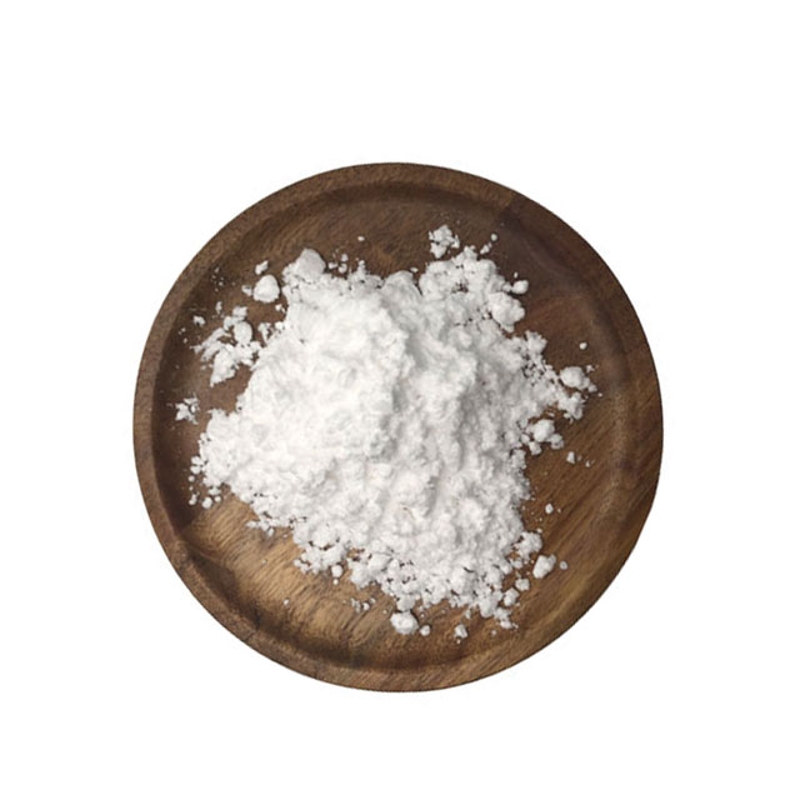-
Categories
-
Pharmaceutical Intermediates
-
Active Pharmaceutical Ingredients
-
Food Additives
- Industrial Coatings
- Agrochemicals
- Dyes and Pigments
- Surfactant
- Flavors and Fragrances
- Chemical Reagents
- Catalyst and Auxiliary
- Natural Products
- Inorganic Chemistry
-
Organic Chemistry
-
Biochemical Engineering
- Analytical Chemistry
- Cosmetic Ingredient
-
Pharmaceutical Intermediates
Promotion
ECHEMI Mall
Wholesale
Weekly Price
Exhibition
News
-
Trade Service
24, 2020 /PRNewswire/ -- Scientists recognize a link between obesity in mothers and liver cancer in the offspring of obese mothers, but the mechanism is unclear. In a new study published in the journal Journal of Hepatology, researchers found a microRNA in obese female mice that appears to transmit susceptibility to liver cancer and increase the risk of liver cancer in children and offspring.
one-third of the world's population is overweight or obese, and the global obesity epidemic is threatening human health.
obesity increases the risk of metabolic diseases such as non-alcoholic fatty liver disease (NAFLD) and hepatocellular carcinoma (HCC).
in the United States, up to 50% of recently diagnosed HCC is caused by metabolic disorders such as NAFLD.
mother's obesity directly affects the health of future generations and plays a key role in obesity and metabolic diseases.
epidemiological studies show that obesity is an independent risk factor for liver cancer.
the new study provides insights into whether and how the mother's obesity affects the incidence of tumors in future generations.
Photo Source: Journal of Hepatology Researchers Used diaethyline nitrosamine (DEN) to induce obese mice eating high-fat foods to develop liver cancer, followed by RNA sequencing to determine genetic and microRNAs generational changes.
they found that injecting microRNA miR-27a-3p into pregnant mice not only increased the liver's miR-27a-3p, reduced the expression of the genes Of Asl1 and Aldh2 in children (fetal, early and adult), but also increased the development of den-treated sub-HCC.
obesity in mothers caused by a high-fat diet can lead to DEN-induced HCC in future generations, and researchers have confirmed that this susceptibility is cumulative from generation to generation.
, the risk of liver cancer increases between generations.
, for example, obese mothers and grandmothers give birth to more severity than obese mothers but normal-weight children.
researchers also analyzed human HCC samples.
researchers say their findings provide a link between maternal obesity and the development of disease in future generations, which could help explore the treatment and prevention of fetal and developmental diseases.
for pregnant women, serum miR-27a-3p levels are critical to the health of future generations and may be used as biomarkers for diagnosis or prediction in the future.
, the researchers are calling for global efforts to address multigenerational obesity in humans in order to better address the common problem we face.
the study opens up a new avenue for cancer research at a crossroads in metabolism and epigenetics.
it brings new information about how mother stress affects its offspring, which in turn affects hCC development.
inherited model is not the traditional intergenerational model.
this is multigenerational, as susceptibility to HCC gradually increases over several generations.
() References: Yu Sun et al, Multi maternal al-obesitys the sthe of HCC in offspring via miR-27a-3p, Journal of Hepatology (2020).DOI: 10.1016/j.jhep.2020.03.050.







